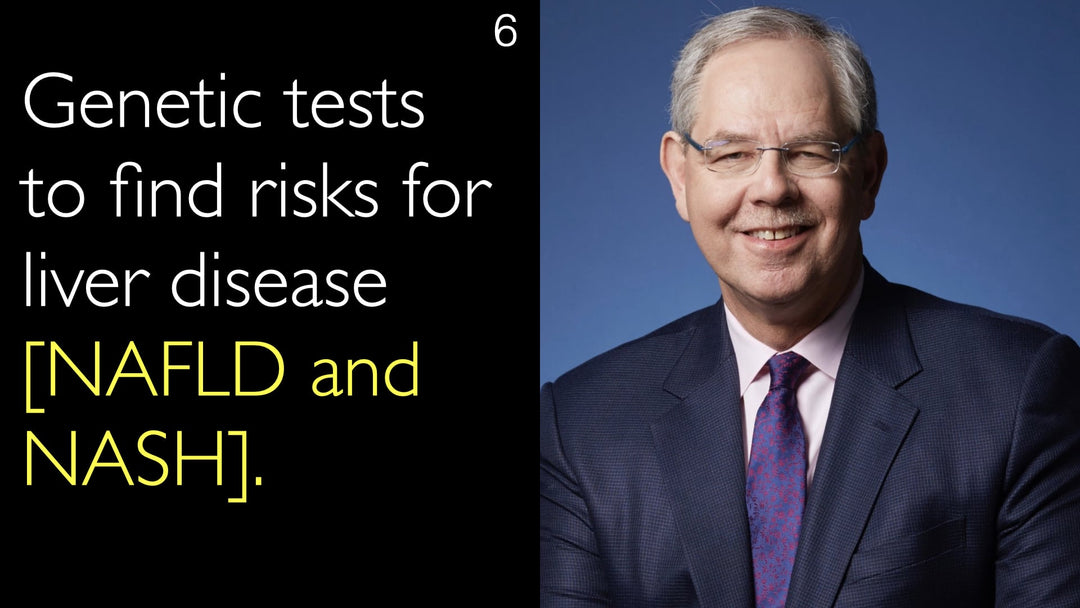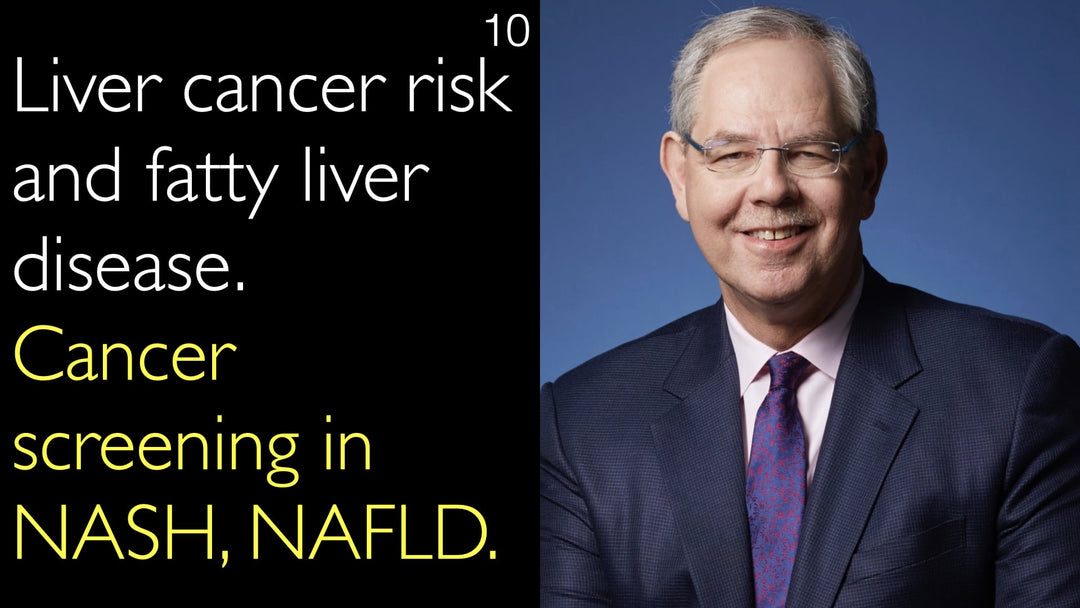Leading expert in colorectal cancer, Dr. Hans-Joachim Schmoll, MD, explains how colon cancer screening saves lives. He details the effectiveness of colonoscopy for early detection. Dr. Hans-Joachim Schmoll, MD, discusses the high frequency of colorectal cancer in Western populations. He highlights the critical importance of finding cancer before symptoms appear. The interview covers the risks associated with colonoscopy procedures. Dr. Hans-Joachim Schmoll, MD, emphasizes that early detection is the key to a cure.
Colon Cancer Screening: Evaluating Colonoscopy Effectiveness and Risks
Jump To Section
- Colorectal Cancer Prevalence and Preventable Deaths
- The Critical Importance of Early Detection
- Colonoscopy Effectiveness for Visualizing Cancer
- Controversies in Colorectal Cancer Screening Methods
- Understanding Colonoscopy Procedure Risks
- Full Transcript
Colorectal Cancer Prevalence and Preventable Deaths
Colorectal cancer is a leading cause of cancer diagnosis globally. Dr. Hans-Joachim Schmoll, MD, states it is the most frequent cancer in the Western world when combining male and female patients. There are approximately 1.4 million new colorectal cancer cases diagnosed every year. A key point from Dr. Schmoll is that all colon cancer deaths are uniquely preventable through effective screening.
The Critical Importance of Early Detection
Early detection is the cornerstone of preventing colon cancer mortality. Dr. Hans-Joachim Schmoll, MD, explains that once symptoms like blood in the stool appear, the cancer is often already at an advanced stage. Locally advanced or metastatic colon cancer has a limited chance of cure and results in high mortality. Screening aims to find cancer before it causes any symptoms, which dramatically improves survival rates.
Colonoscopy Effectiveness for Visualizing Cancer
Colonoscopy is a highly effective screening method because it allows direct visualization of the colon. Dr. Hans-Joachim Schmoll, MD, compares it to how a skin specialist can inspect a skin cancer. He notes that about 80% of patients can have their colorectal cancer detected early through this method. Finding an "early cancer" means detecting it before it has metastasized, which is the goal of screening.
Controversies in Colorectal Cancer Screening Methods
Dr. Anton Titov, MD, raises the question of which screening test is most effective. The interview with Dr. Schmoll touches on the ongoing debate between different modalities. Options include the fecal occult blood test (FOBT), colonoscopy, and flexible sigmoidoscopy. Each test has its own advantages, limitations, and recommended use cases in screening guidelines.
Understanding Colonoscopy Procedure Risks
While effective, colonoscopy is an invasive procedure with associated risks. Dr. Hans-Joachim Schmoll, MD, is direct about these potential dangers. The quality of the doctor performing the colonoscopy is a significant factor in its safety. One serious risk is bowel perforation, which is a tear in the colon wall. A bowel perforation is a medical emergency that typically requires secondary surgery to repair.
Full Transcript
Dr. Anton Titov, MD: How to choose the best colon cancer screening test? There are 1.4 million new colorectal cancer diagnoses every year. All colon cancer cases are preventable. Is colonoscopy the best cancer screening method? What are the risks of colonoscopy? A leading colorectal cancer oncologist and research expert discusses colon cancer treatment options.
Colorectal cancer is the number one or number two cancer in the United States and Western Europe. But deaths from colon cancer are uniquely preventable because effective screening is available for precancerous lesions in the large bowel. Screening is also available for early-stage colorectal cancer.
But there are some controversies about the best method of screening for colorectal cancer. Is it the fecal occult blood test, colonoscopy, or flexible sigmoidoscopy? Could you please discuss colorectal cancer screening options? What colon cancer screening works better for these situations?
Dr. Hans-Joachim Schmoll, MD: Yes, indeed. Colorectal cancer is the most frequent cancer type in the western world if you put female and male patients together. We can separate cancer patients by sex; then colorectal cancer is the second most frequent cancer. But for men and women together, colon cancer is the most frequent one.
But colon cancer develops in a hidden region in the colon or rectum. We are not able to see into the bowel from outside the body. Therefore, we do need an early detection program for colon cancer.
When colon cancer arises with blood in feces or with symptoms, normally it is too late. Cancer with symptoms is always in an advanced stage. Cancer is locally advanced, or colon cancer is already at a metastatic stage. The chance of a cancer cure is limited. Then many patients die; there is high mortality at these advanced stages of colon cancer.
But on the other hand, colorectal cancer is a visible tumor in the colon or in the rectum. You can see cancer by colonoscopy. Sometimes you look at a skin cancer; most skin cancer could be detected at an early stage. Specialists look at the skin. Also, cancer in the neck region could be detected earlier; an expert would inspect this region.
Most cancers cannot be seen because they develop inside the body. There is no access from the outer part. Colorectal cancer is the most frequent cancer in the western world, but this cancer is accessible for inspection by endoscopy inside the intestines.
This gives us a chance in most patients—about 80% of patients—to detect colon cancer tumors early. Detection of "early cancer" means detection before cancer metastasized, before colon cancer reached the stage when the patient has to die from colon cancer. This is an excellent model to detect this tumor early and to eliminate this tumor early.
The most effective method is clearly the objective measurement by looking by endoscopy. However, there are clearly other risks of colonoscopy. Because the colonoscopy procedure depends on the quality of the doctor who performs the procedure.
Colonoscopy can have real and dangerous side effects. One of them is bowel perforation; bowel perforation will require secondary surgery. Ultimately, there is some real risk associated with colonoscopy.







